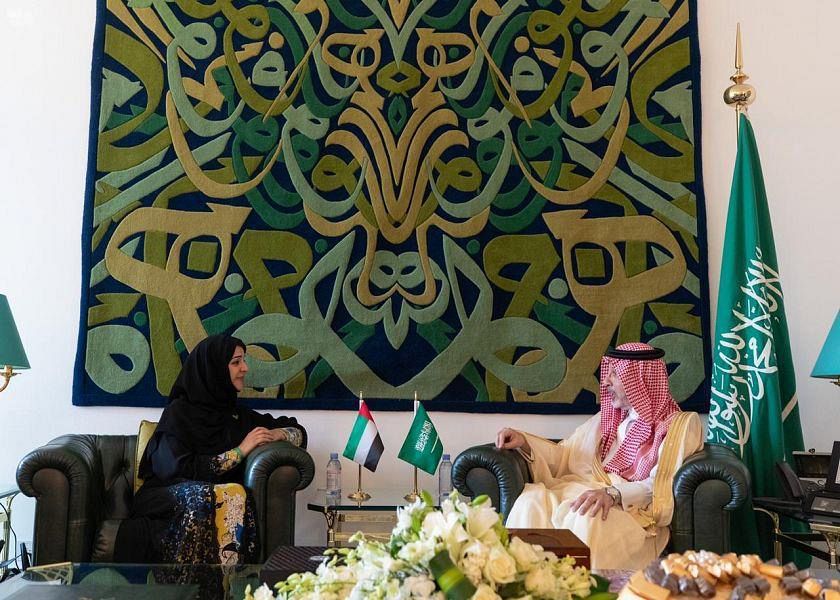
Ireland’s foreign minister has warned that a British government plan to bring prosecutions for killings during the Troubles to an end would breach its international obligations.
The proposals would also undoubtedly be tested in the courts and add “years of uncertainty and misery for families with no benefit”, Simon Coveney said.
Anger has continued to grow among victims’ groups and across the political spectrum after plans for a statute of limitations on prosecutions and for an end to inquests and civil cases relating to the Troubles were unveiled in parliament.
As the SDLP sought a recall of the Northern Ireland assembly, Coveney wrote in the Guardian of the broader consequences of Britain’s “unilateral approach” after he and the Northern Ireland secretary, Brandon Lewis, agreed last month to begin a process of engagement with the Stormont parties on legacy issues.
“In our view, this would be politically and legally unsustainable, and would damage relationships and trust critical to the protection of the achievements of the peace process,” Coveney wrote of the UK government’s move.
“We do not believe an approach based on a general statute of limitations would be compatible with the obligations of the European convention on human rights,” he wrote. “It would undoubtedly be tested in the courts, and if it failed there, it would only add years of uncertainty and misery for families with no benefit.”
The latest pressure from Dublin comes as the head of the Catholic church in Ireland, Eamon Martin, said victims “would feel a sense of betrayal”, and specifically criticised the language used by Boris Johnson on Wednesday.
“They [victims] are very disappointed indeed that once more some people believe they have a right to draw a line under the Troubles, as the prime minister said in the House of Commons,” he told BBC Radio Ulster.
There was also an angry intervention by the former police ombudsman Baroness Nuala O’Loan, who described the proposals as a “terrible, terrible betrayal of the victims and their families”.
O’Loan, who is on an expert panel for Operation Kenova, which is investigating the activities of “Stakeknife”, the man alleged to have been the most important British spy inside the IRA, also challenged the British government’s assertion that the new approach was merited because of the relatively small number of prosecutions over legacy issues.
The Operation Kenova investigation had sent the director of public prosecutions (DPP) more than 28 files relating to 17 murders and 12 abductions, she told RTÉ, but there had been no response.
While the British government proposals had referred to a decreasing likelihood of successful prosecutions and recorded that just nine people had been charged between 2015 and 2021 in connection with Troubles-related deaths, she said the reason for this was that the Crown Prosecution Service was choosing not to charge people.
The British plans, which she said were driven in part by the Conservative party’s intention to protect former soldiers from prosecution, were not just a clear breach of international obligations, but a “complete abdication” by the British government of its responsibilities to the rule of law.
A “command paper” on the proposals said the UK government was committed to talks with the Irish government, Northern Ireland’s parties, victims and all who were most directly affected by the Troubles.
It added: “The shared objective of this engagement is to deal with these issues comprehensively and fairly, and in a way that supports information recovery and reconciliation, complies fully with international human rights obligations, and that responds to the needs of victims, survivors and society as a whole.”
In place of criminal and civil prosecutions, the plans envisage the establishment of a new independent body, likened to South Africa’s truth and reconciliation commission and intended to help families find the truth about what happened to their loved ones.
The Information Recovery Body would have “full access” to information from state agencies and could take statements from individuals, according to a UK government document.











